A 1.78-meter NBA draft pickout who became famous for defending James in the finals, won a championship and then signed multiple contracts, survived 14 seasons in the NBA, earned $40 million, and married two Miss Universes who are both beautiful and intelligent, transformed from an underdog shorty into a life winner with wealth and beauty. He is known as "The Mountain of Puerto Rico," Jose Juan Barea.
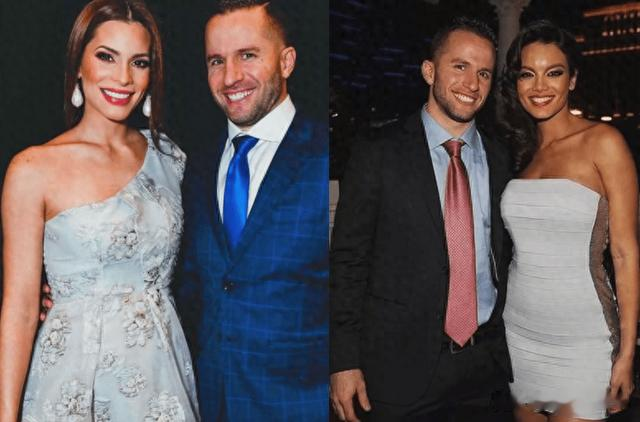
Born on June 26, 1984, in Mayaguez, Puerto Rico, into an upper-middle-class family, Barea's father was an engineer, and his mother was both a professor and a volleyball and tennis coach. His excellent parents provided him with a carefree upbringing but did not give him good athletic genes. He was not outstanding in height among his peers, nor was he exceptional in running and jumping abilities. He even suffered from lung collapse and was treated in the intensive care unit for 10 days. Is such a body really suitable for basketball?
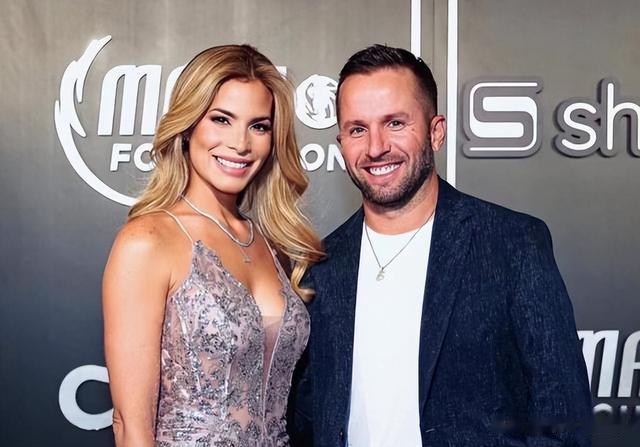
As the saying goes, "Passion can overcome a thousand difficulties." To strengthen his physique, his parents often took him to play tennis, volleyball, and basketball. Among many sports, he loved basketball the most. When his two younger brothers were playing with toys, he often practiced alone in the yard. Without professional guidance, he imitated the players on TV. Day after day, year after year of practice greatly improved his ball skills. After making a name for himself in elementary school competitions, he was noticed and trained by a professional coach.
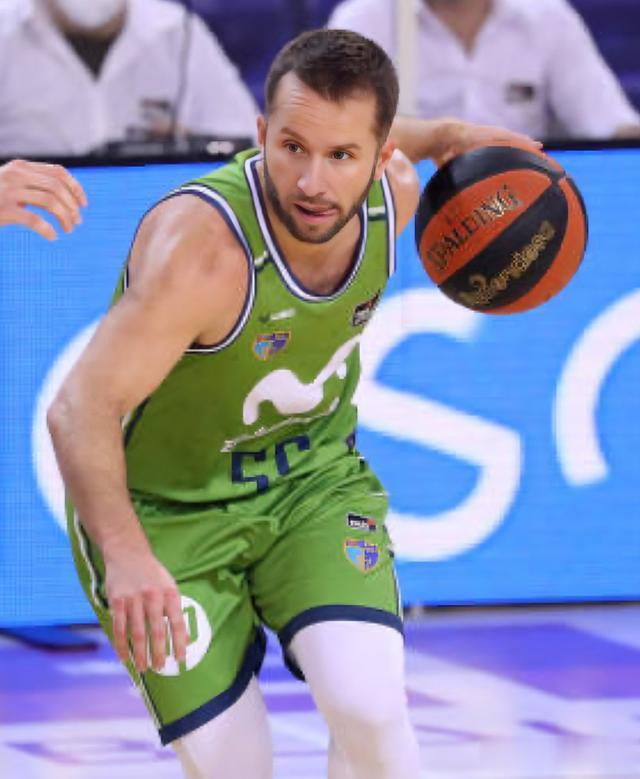
Due to his mediocre physical talent, he received no media attention during his growth. It wasn't until 2001 when the 17-year-old landed in the Puerto Rican professional league that he made a name for himself through tenacious efforts and stood under the spotlight. However, he didn't stop there. A year later, he moved to Miami, Florida, USA, to attend Miami Christian School, experience the atmosphere of American high school basketball, and use it as a stepping stone to compete in the NCAA at Northwestern University.

At that time, he was the shortest player on the school team but the strongest scorer. He had outstanding performances throughout his four years of university - averaging 17 points in his freshman season, being selected for the All-Rookie Team, Championship Team, and District Third Team of the East Coast League. In his sophomore season, he averaged 20.7 points, becoming the first player in school history to average 20 points since 1987, with an additional 5.8 assists per game, leading the team in both scoring and assists.
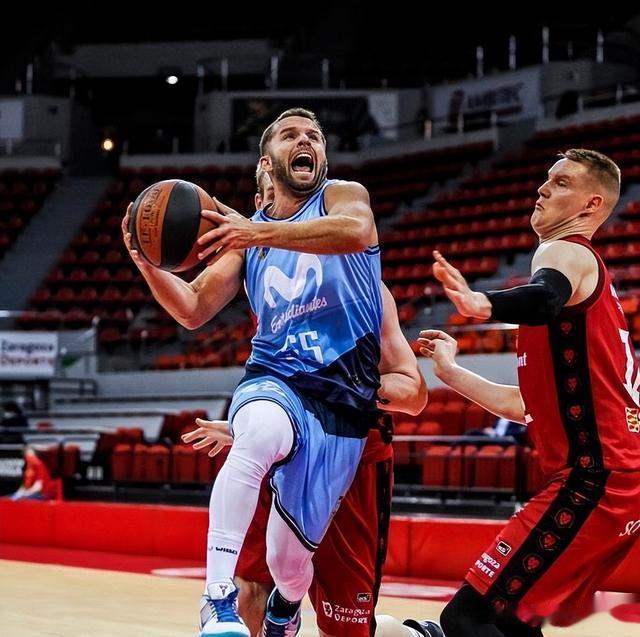
In his junior season, he averaged 22.2 points and 7.3 assists per game, ranking eighth in scoring and fifth in assists nationwide. In his final year of university, his performance reached new heights, averaging 21.0 points and 8.4 assists, with assists ranking third in the nation. However, the NBA draft places more emphasis on talent, and he, a small player only 1.78 meters tall, was naturally not favored. Despite his outstanding performance in college, he still became an undrafted free agent in the 2006 NBA draft.
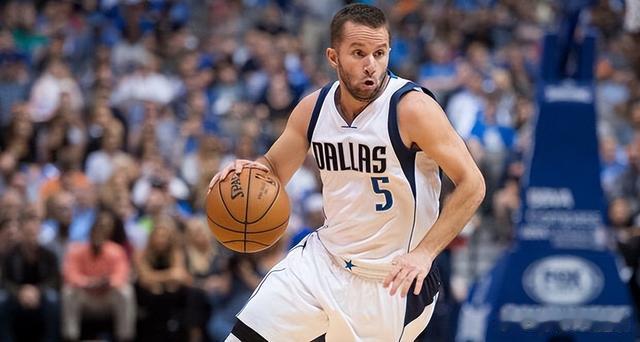
To secure an opportunity to enter the NBA, that year he first represented the Warriors in the Las Vegas Summer League, but his average performance did not earn him a contract. Later, he represented the Mavericks in the Rocky Mountain Summer League, averaging 12 points, 1.7 rebounds, and 6.7 assists per game. His ability to score, organize, and his passionate traits left a deep impression on the Mavericks, who offered him a partially guaranteed contract worth $1.1 million over two years.
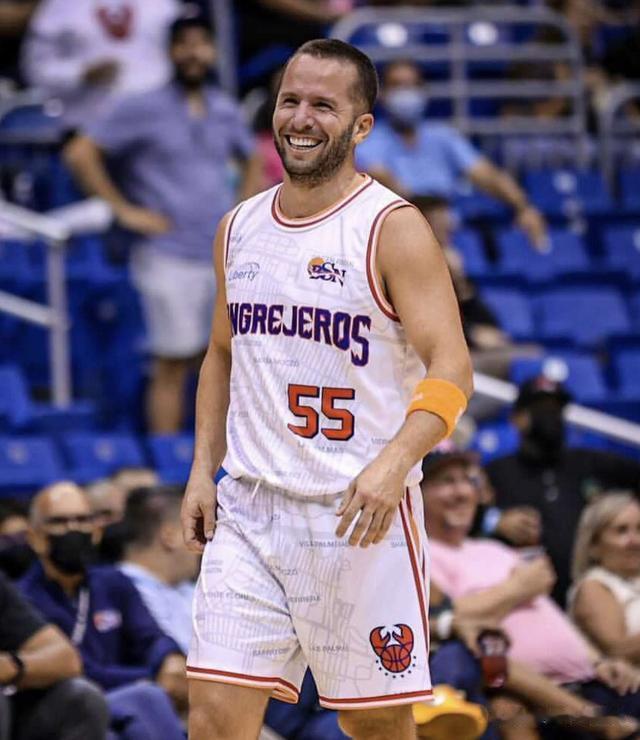
In his first season, he spent most of his time in the Development League. Later, in four games where he performed exceptionally well, averaging 31.5 points, 6.0 rebounds, and 7.5 assists, he won the Development League Player of the Week award. The Mavericks then promoted him to the roster, where he could demonstrate his value in limited playing time. He once recorded a double-double of 13 points and 10 rebounds against the Timberwolves, demonstrating his tenacity. This fighting spirit was what most impressed the Mavericks and the main reason he was not cut.

In the summer of 2007, Barea again represented the Mavericks in the Summer League. After experiencing the NBA, he averaged 16 points, 2.5 rebounds, and 7.0 assists per game, leading the team to a proud record of 5 wins and 0 losses. This also increased his playing time in the new season to 10.5 minutes per game. Although he averaged only 4.3 points, 1.1 rebounds, and 1.3 assists per game in the season, he also had a highlight performance of 25 points and 5 assists in a single game.
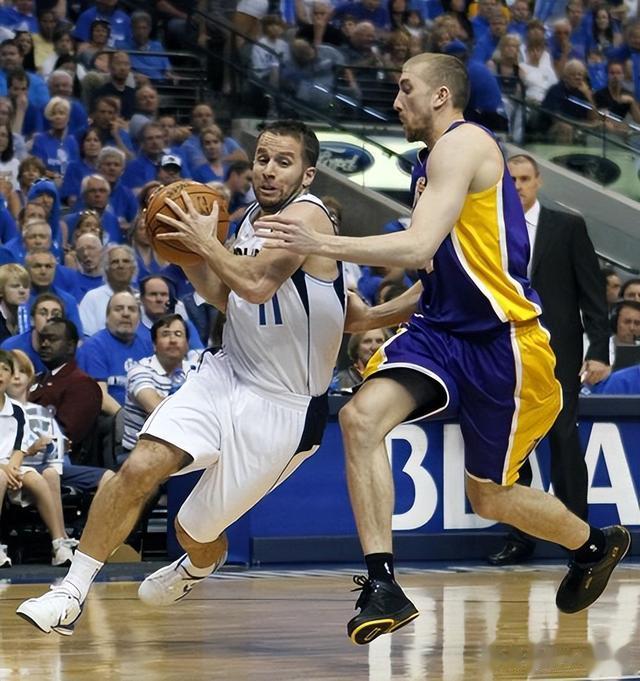
After that season, the Mavericks offered him a three-year, $4.98 million contract renewal. At that time, no one would have thought that this signing would bring the Mavericks a championship trophy. After the renewal, Barea became a substitute ace, playing an increasingly important role. By the 2010-2011 season, he was a major contributor to the Mavericks' championship.

That season, he averaged 9.5 points, 2 rebounds, 3.9 assists, and 0.4 steals in the regular season, performing moderately well without being studied by opponents to the extent that he posed a significant threat. After all, he was just a 1.78-meter-tall player. However, Barea's small body contained tremendous energy, making those who underestimated him pay a heavy price.
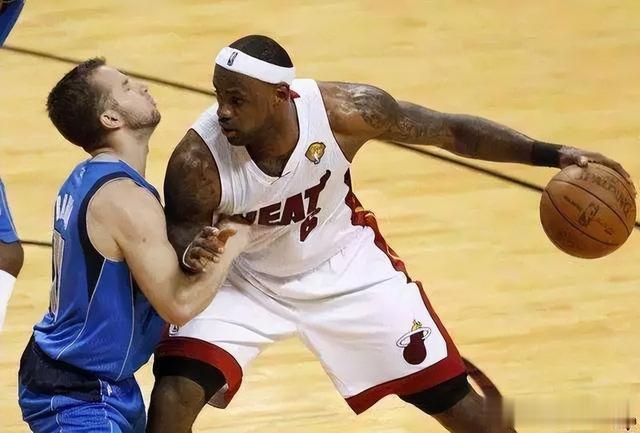
In the first round of the playoffs against the Trail Blazers, he averaged only 5.2 points with a shooting percentage of 32.4%. But in the second round against the Lakers, he averaged 11.5 points with a shooting percentage of 50%. In that series, a total of eight players from both teams averaged double-digit scores, and Barea was one of them.
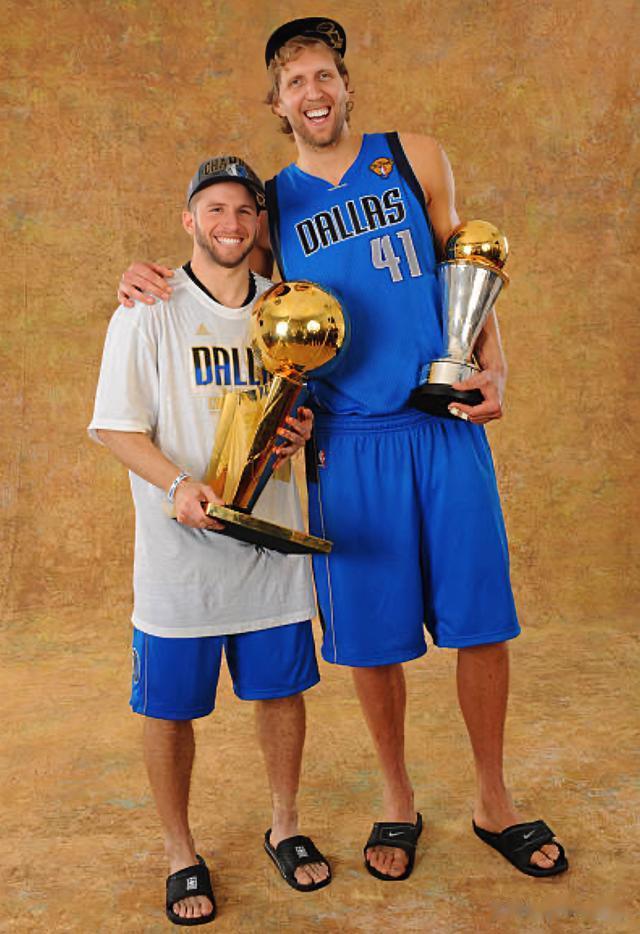
In the Western Conference Finals against the Thunder, Barea averaged 11.4 points, ranking seventh among the two teams' players, with a three-point shooting percentage as high as 46.2%, making the Thunder helpless. Facing the physically superior Heat in the Finals, the Mavericks lost two of the first three games, temporarily trailing 1-2.
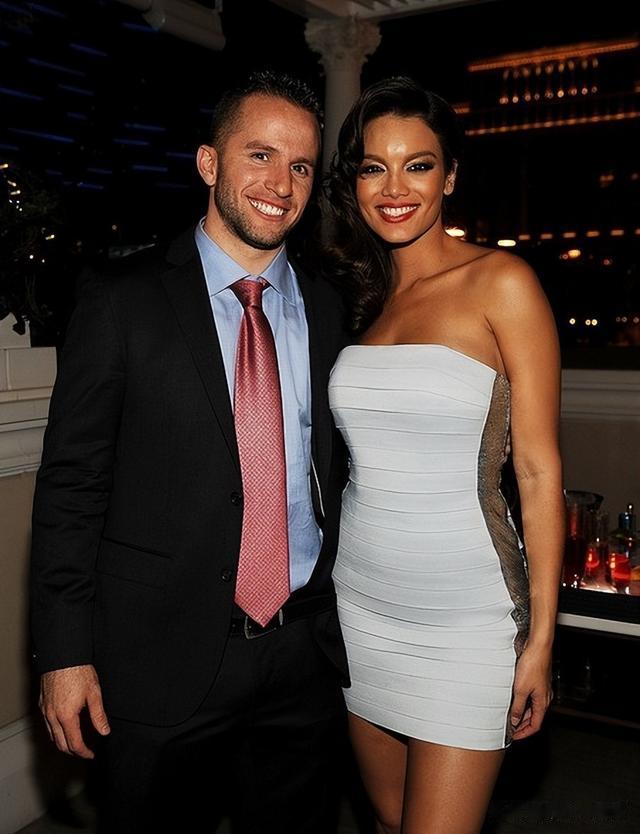
Coach Carlisle suddenly promoted Barea to the starting lineup in Game 4, which many people questioned, thinking it was giving points to the opponent? After all, there were Wade and James, two scoring masters on the other side. However, in Barea's first game as a starter, James shot 11 times and made only 3, scoring only 8 points. The Mavericks eventually won by 3 points, evening the series at 2-2.
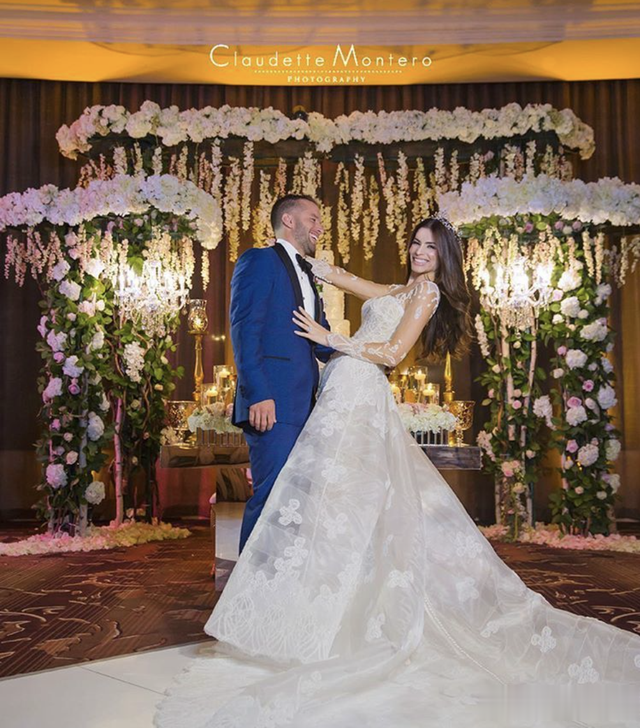
In the pivotal Game 5, Barea shot 11 times and made 6, scoring 17 points, while James shot 19 times and made 8, also scoring 17 points. The Mavericks won another game to take the series lead. In the crucial Game 6, James' performance improved, shooting 15 times and making 9 for 21 points. However, in the game, he had three opportunities to single out Barea but failed to score. Once, he couldn't back down Barea and was called for an offensive foul. In that game, Barea not only defended well but also contributed 15 points with 12 shots and 7 makes, helping the Mavericks defeat the Heat and win the championship.
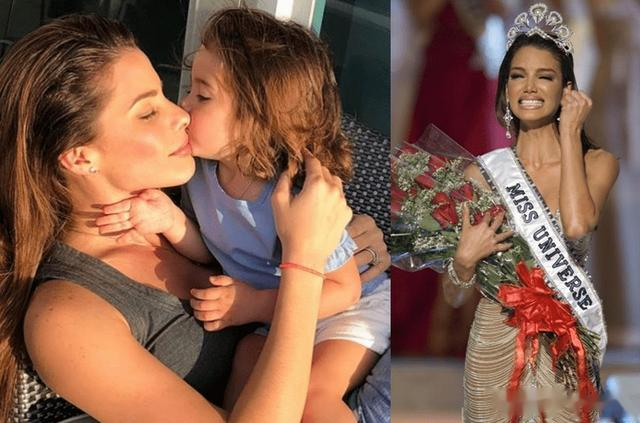
In the three games after Barea started, he averaged 13.3 points with a shooting percentage of 50%, while James averaged only 15.3 points with a shooting percentage of 44.4%. From then on, Barea's value skyrocketed, and he was poached by the Timberwolves with a four-year, 19millioncontract,withanaverageannualsalaryof4.75 million, nearly triple his previous salary.
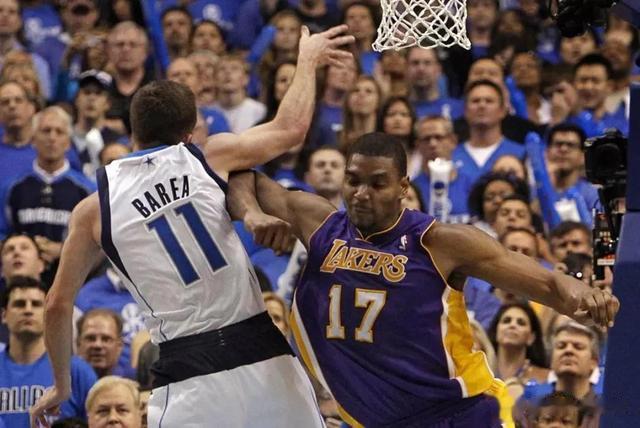
That year was a triple joy for Barea, winning the NBA championship, securing a big contract, and gaining love. Barea's first publicly known girlfriend was Zuleika Rivera Mendoza, both from Puerto Rico. Rivera was Miss Universe 2006, and Barea had long admired his fellow townsman. However, Rivera had a boyfriend at the time. But in 2011, Barea was like a godsend, achieving success both on and off the court. After Rivera broke up with her boyfriend and was feeling down, Barea sent her a comforting text message with literary depth, successfully attracting Rivera's attention.
Later, Barea always stayed by Rivera's side, visiting her whenever he had time, renting a yacht to take her out to sea to relax, and booking her favorite restaurant in advance... The best way to forget someone is to fall in love with another person. Rivera's wounded heart was healed by Barea's gentle and thoughtful care, and the two naturally came together. The basketball star and beauty queen together, the people of Puerto Rico were blessing this well-matched couple.
After winning the championship, Barea traveled everywhere with Rivera. A few months later, Rivera became pregnant, and the two got married, giving birth to a child in February 2012. However, this marriage lasted only two years before Barea revealed in 2013 that he and Rivera had divorced in April.
Three months after the divorce, Barea fell in love with another Miss Universe from Puerto Rico named Viviana Ortiz Pastrana.
Ortiz was Miss Universe 2011, with looks and figure surpassing Rivera. Barea pursued her by writing essays,